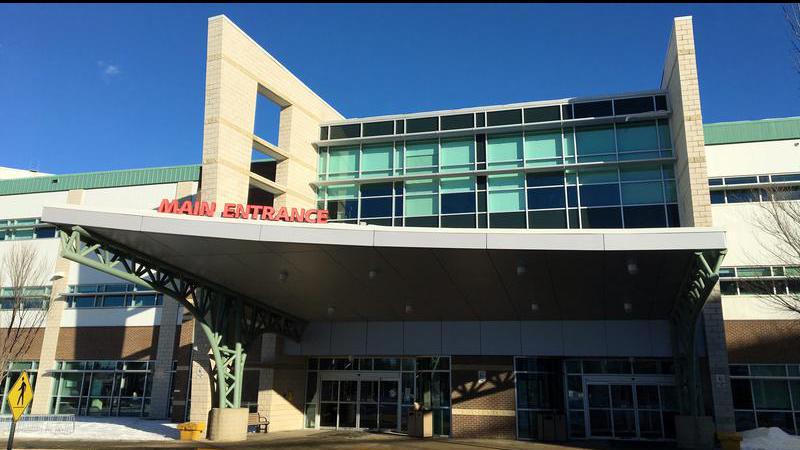
COVID creating ICU overflow, cancelled surgeries at Red Deer Regional Hospital
Already struggling with the capacity issues it’s been dealing with for years, Red Deer Regional Hospital Centre continues to be pushed to its very limits by COVID-19.
“I’ve never seen it this bad, and I think it’s only going to get worse,” says orthopedic surgeon Dr. Keith Wolstenholme.
“I would say that morale, it’s low. We feel like we’re up against it and there doesn’t seem to be a good end in sight. The vaccine is of course great but we’re a long way out from having any sort of large scale immunity.”
Four units at the hospital are dealing with COVID-19 outbreaks as of Thursday (Jan. 8), Alberta Health Services confirms, and two additional units are under a watch.
